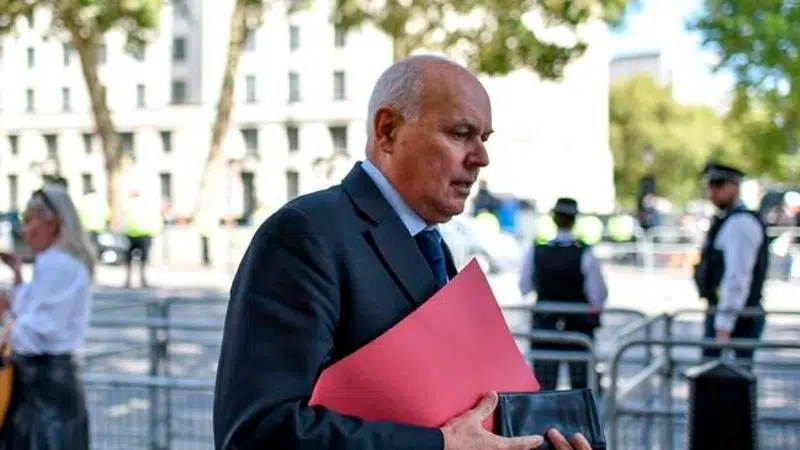
Johnson seeks UK election bid as political foes push back
LONDON — Boxed in by opponents and abandoned politically even by his own brother, British Prime Minister Boris Johnson struggled Thursday to keep his Brexit plans on track, and he accused lawmakers of thwarting democracy by blocking his call for a new election.
Johnson remained determined to secure an election after lawmakers rejected his attempt to trigger a snap poll and moved to stop him taking the U.K. out of the European Union next month without a divorce deal. House of Commons leader Jacob Rees-Mogg told Parliament that a vote would be held Monday on a new motion calling for an election in October.
It’s uncertain whether it will pass, with opposition parties divided over whether to agree to an election now.
Johnson said he would “rather be dead in a ditch” than delay Brexit any further, and insisted that whether or not Britain left the EU as planned on Oct. 31 must be “a matter for the people of this country to decide.”

